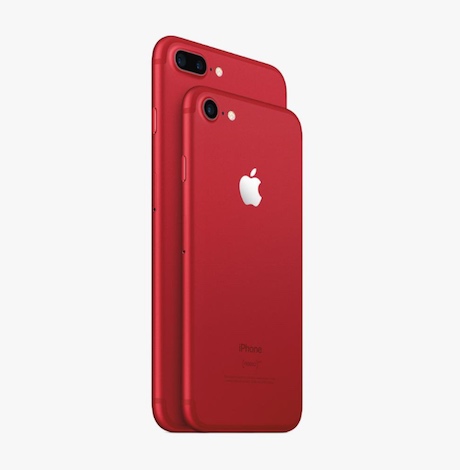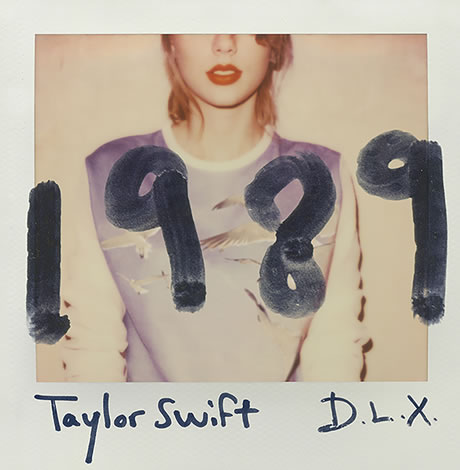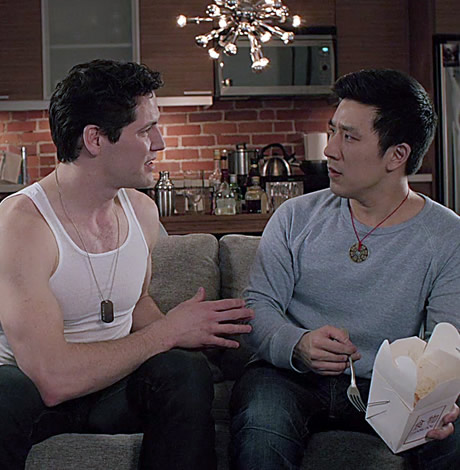Books
SUMMER IN THE CITY 2019: Page turners for the beach or pool
‘Love Falls on Us,’ A Wanderer’s Love Letter’ among summer book highlights
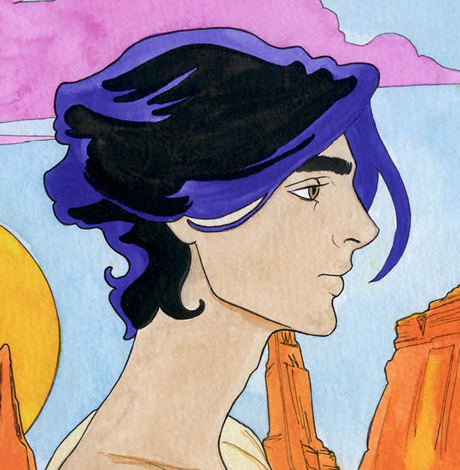
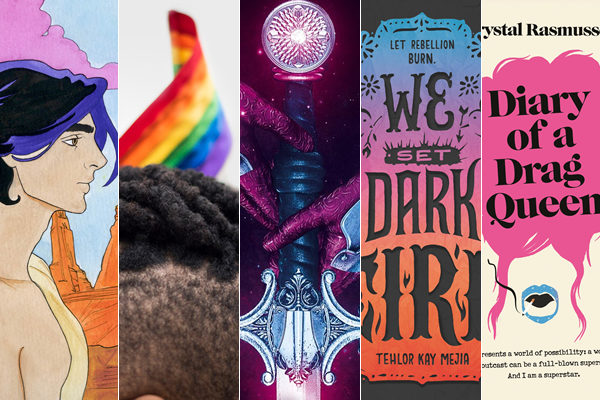
Looking for some refreshing page turners for the summer? Dive into these new LGBTQ novels that are light on the mind.
Award-winning journalist Robbie Corey-Boulet takes on the LGBTQ movement in Africa and how it differs from those in the United States and Europe in his novel “Love Falls on Us: A Story of American Ideas and African LGBT Lives” (Aug. 15).
He argues that the international LGBT activists and allies have created winners and losers within the movement. If someone from an African country identifies with the those of the global movement, then they find support. If their identity doesn’t happen to align so neatly, funding and care can be unavailable.
Especially in a world where LGBT rights are being reversed even in “developed” countries, Corey-Boulet investigates the right way to address LGBT issues in Africa. This novel is for those who care to know the difference in approach.
Upcoming pop artist, Boy Untitled (Mark Tennyson), is releasing his first self-titled EP and accompanying illustrated book of poetry “A Wanderer’s Love Letter to the Universe” (out this month). Both the EP and book reflect a tumultuous time in Tennyson’s life over the course of two years. There are five parts representing stagnation, recognition, action, vision and evolution. Tennyson is a Los Angeles-based artist who began their career in the art scene and slowly transitioned to the sultry, electronica side of pop music.
“Diary of a Drag Queen” (out now) is exactly what the title suggests. Crystal Rasmussen takes readers through her crazy life on a daily basis over the course of a year. She spills the details about her experiences dating men three times her age, sleeping with a VIP for her journalism career, being fired by a well-known magazine and much more. If you’re looking for a new perspective on life, this is the book for you.
Tehlor Kay Mejia tells the tale of Daniel Vargas, the top student at the Medio School for Girls in “We Set the Dark on Fire” (out now). Daniel has two options after graduation: maintain her husband’s household or raise his children.
The only problem is that her paperwork was forged by her parents to give her a better opportunity. Although there’s a few hiccups at her graduation, she gets through the day without anyone discovering her secret. Her new challenge is to spy for a resistance group causing a shift in her newest options: hold onto the privilege her parents sacrificed for her or pursue freeing Medio and a forbidden love.
If you enjoy the tale of King Arthur, “Once & Future” (out now) by Cori McCarthey and Amy Rose Capetta is the novel for you. The main character, Ari Helix, crash lands on Old Earth and pulls the legendary sword from its place making her the newest reincarnation of King Arthur. Merlin, who has aged backwards and is now a teenager, informs Ari that together they must break the curse that keeps bringing back Arthur. They must save humankind, defeat the oppressive government and bring peace to all. No big deal.
“Like a Love Story” (out now) follows three teenagers impacted by AIDS. Abdi Nazimian uses the stories of Reza, Judy and Art to address the complexities of being gay during the 1980s. Reza is an Iranian boy who knows he’s gay but won’t admit it because he worries about the disease affecting him. Judy is a fashion designer who has a strong relationship with her uncle who has AIDS and is active with ACT UP. Art is Judy’s best friend who rebels against his conservative parents by photographing the epidemic and is the only out gay student at school. Somehow Reza and Judy end up dating leaving room for heartbreak and disappointment.
“Red, White & Royal Blue” (out now) is a romantic comedy by Casey McQuiston where the First Son, Alex Claremont-Diaz, and his nemesis, Prince Henry, are forced into a fake friendship to help with his mother’s re-election campaign. After a confrontation between the two was leaked to the tabloids, they were forced to truly get to know one another and their once fake friendship turns into a secret relationship. With President Claremont’s campaign picking up, Alex must make a decision on which matters to him more: his political image or the potential love of his life.
In their first published work, Mason Deaver delivers “I Wish You All the Best” (out now). It’s a story following a non-binary (like the author) character, Ben De Backer, who has recently come out to his family. Disowned and thrown out on the street, Ben has no other choice but to go live with his sister and her fiance who, along with their therapist, are the only other ones to know their identity. Ben tries their best to get through the rest of their senior year by keeping a low profile however, Nathan Allan has other plans for them.
In poet Ocean Vuong’s debut novel “On Earth We’re Briefly Gorgeous” (out now), he explores topics such as race, class and masculinity. The novel is a written letter from a son to his mother who cannot read. It unearths the family history of Little Dog whose roots stem from Vietnam. Written when the speaker is in his late 20s, Vuong takes readers through Little Dog’s life that includes information that even his mother has no clue about including an unforgettable revelation.
Books
Ever taken a cross-country drive in the back seat?
Then ‘Here We Go Again’ is the book for you
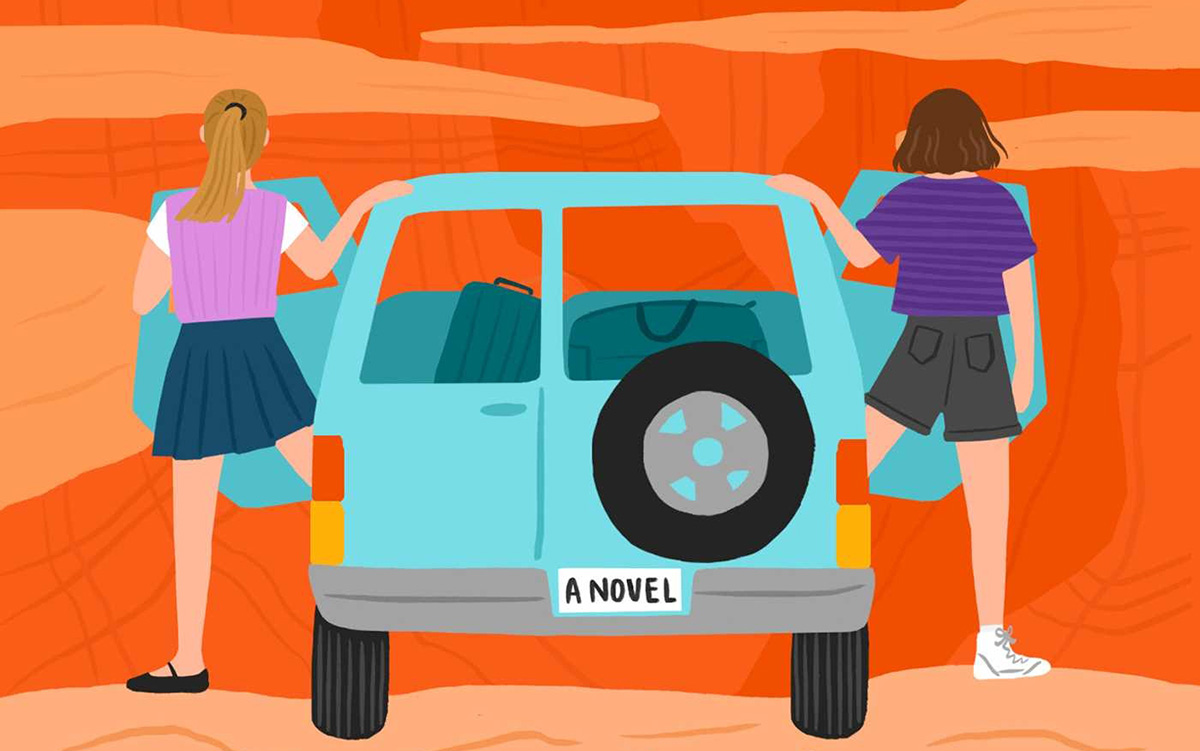
‘Here We Go Again’
By Alison Cochrun
c.2024, Atria
$17.99/368 pages
Can you do me a solid?
Just one little favor, a quick errand, it won’t take long. You can do it next time you’re out, in fact. Consider it your good deed for the day, if it makes you feel better. A mitzvah. An indulgence to a fellow human. As in the novel, “Here We Go Again” by Alison Cochrun, think of it as a life-changing thing.

She couldn’t remember the woman’s first name.
Did Logan Maletis really ever know it? Everybody at her job – administration, students, other teachers – called everyone else by their last name so the colleague she’d been hooking up with for weeks was just “Schaffer.” Whatever, Logan didn’t care and she wasn’t cold-hearted but when Savannah broke up with her in public, she did wonder if maybe, possibly, the awful names she called Logan were fair or true.
Rosemary Hale would’ve agreed with every last one of those nasty names.
Once, she and Logan were BBFs but after a not-so-little incident happened the summer they were 14, she hated Logan with a white-hot passion. Every time Rosemary ran into Logan at school, she regretted that they worked in the same place. Seeing her old nemesis, even just once in a while, was an irritation she could barely stand.
They had nothing in common at all, except Joseph Delgado.
He’d been their English teacher years ago, and they both followed in his footsteps. He kept them from going stir-crazy in their small Oregon town. He was friend, father figure, and supporter for each of them when they separately came to understand that they were lesbians.
They loved Joe. They’d do anything for him.
Which is why he had one favor to ask.
With a recent diagnosis of incurable cancer, Joe didn’t want to die surrounded by hospital walls. Would Logan and Rosemary drive him and his dog to Maine, to a cabin he owned? Would they spend time crammed side-by-side in a used van, keeping Joe alive, coast-to-coast? Could they do it without screaming the whole way?
Can you avoid laughing at this convoluted, but very funny story? Highly unlikely, because “Here We Go Again” takes every nightmare you’ve ever had of busted friendship, bad vacations, and long-lost love, and it makes them hilarious.
It’s not the story that does it, though. The story’s a bit too long and it can drag, but author Alison Cochrun’s characters are perfectly done, each one of them. Logan is profane in all the right ways and yes, she’s a jerk but an appealing one. Rosemary is too prim, too proper, too straight-laced, but Cochrun lets her be unlaced in a steamy passage that’s not misplaced. You’ll love how this story moves along (although sometimes slowly) and you’ll love how it ends.
If you’ve ever endured a cross-country trip stuffed in the back seat of a hot car for miles and miles, sharing a seat with an abrasive sibling, this is your book. “Here We Go Again” is a solid vacation read.
The Blade may receive commissions from qualifying purchases made via this post.
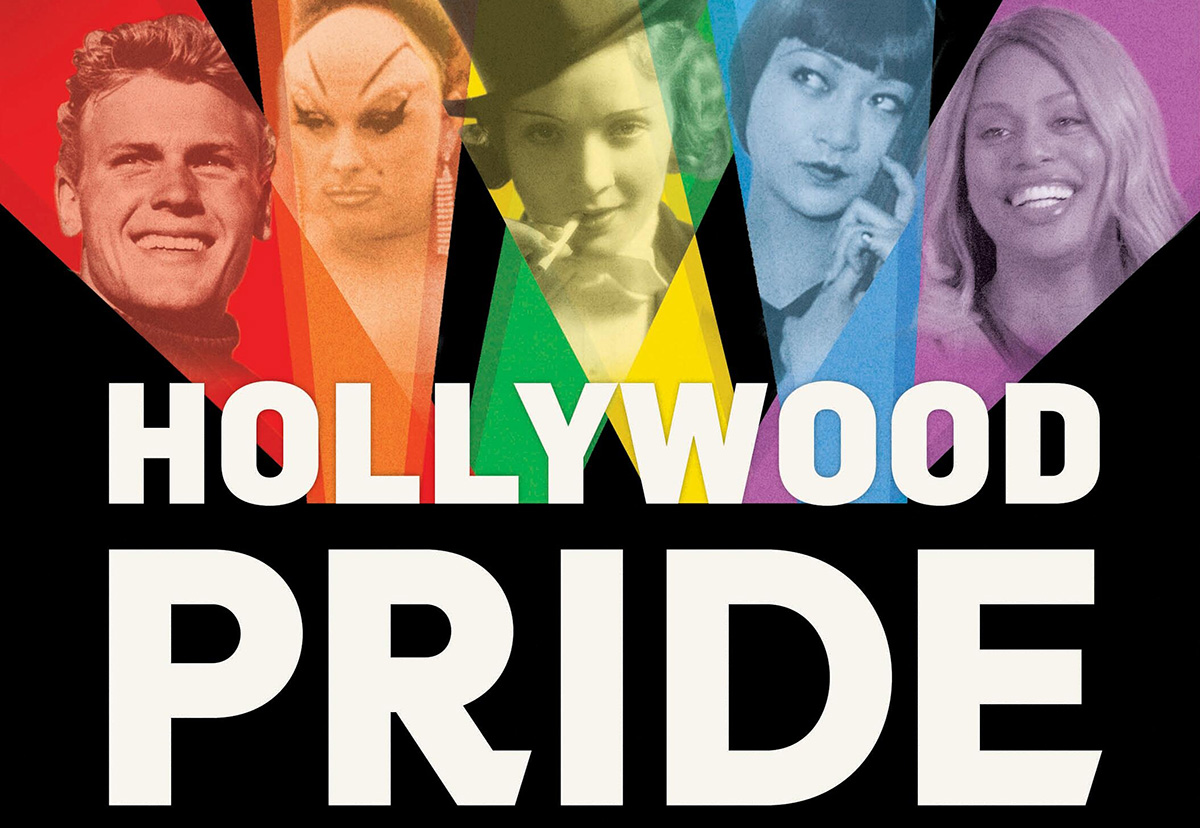
‘Hollywood Pride: A Celebration of LGBTQ+ Representation and Perseverance in Film
By Alonso Duralde
c.2024, Running Press
$40/322 pages
You plan to buy lots of Jujubes.
They’ll stick to your teeth, but whatever, you’ll be too busy watching to care. You like the director, you know most of the actors as first-rate, and word is that the newcomer couldn’t be more right for the role. Yep, you’ve done your homework. You read Rotten Tomatoes, you’ve looked up IMDB, and you bought your ticket online. Now all you need is “Hollywood Pride” by Alonso Duralde, and your movie night is complete.

William Kennedy Laurie Dickson likely had no idea that what he’d done was monumental.
Sometime in the very late 1800s, he set up a film camera and a wax cylinder to record a short dance between two men, hands around one another’s waists, as Dickson played the violin. It “was one of the very first movies ever shot,” and probably the first film to record men dancing rather intimately alone together.
Back then, and until well into the 20th century, there were laws against most homosexual behavior and cross-dressing, and very rigid standards of activity between men and women. This led to many “intense relationships between people of the same gender.” Still, in World War I-era theaters and though LGBTQ representation “was somewhat slower to get rolling” then, audiences saw films that might include drag (often for comedy’s sake), camp, covert affection, and “bad girls of the era.”
Thankfully, things changed because of people like Marlene Dietrich, Ramon Novarro, Claudette Colbert, George Cukor, Alfred Hitchcock, and others through the years, people who ignored social mores and the Hays Code to give audiences what they wanted. Moviegoers could find LGBTQ actors and themes in most genres by the 1940s; despite politics and a “pink scare” in the 1950s, gay actors and drag (still for comedy’s sake) still appeared on-screen; and by the 1960s, the Hays Code had been dismantled. And the Me Decade of the 1970s, says Duralde, “ended with the promise that something new and exciting was about to happen.”
So have you run out of movies on your TBW list? If so, get ready.
You never want to start a movie at the end, but it’s OK if you do that with “Hollywood Pride.” Flip to the end of the book, and look up your favorite stars or directors. Page to the end of each chapter, and you’ll find “artists of note.” Just before that: “films of note.” Page anywhere, in fact, and you’ll like what you see.
In his introduction, author Alonso Duralde apologizes if he didn’t include your favorites but “Hollywood has been a magnet for LGBTQ+ people” for more than a century, making it hard to capture it completely. That said, movie-loving readers will still be content with what’s inside this well-illustrated, well-curated, highly readable historical overview of LGBTQ films and of the people who made them.
Come to this book with a movie-lover’s sensibility and stay for the wealth of photos and side-bars. If you’re up for binge-reading, binge-watching, or Date Night, dig into “Hollywood Pride.” Popcorn not necessary, but welcome.
The Blade may receive commissions from qualifying purchases made via this post.
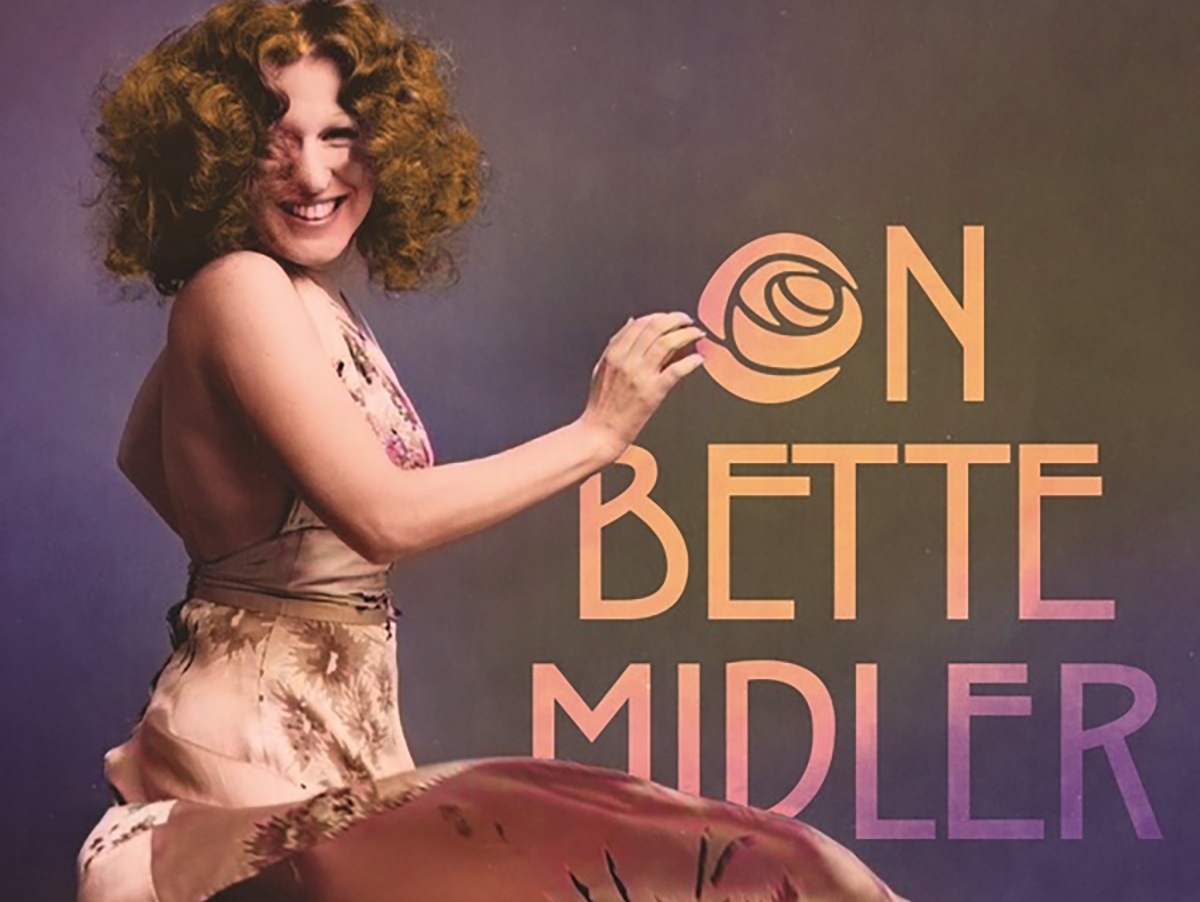
‘On Bette Midler: An Opinionated Guide’
By Kevin Winkler
c.2024, Oxford University Press
$29.99 232 pages
Superb.
That word’s appropriate in this situation. Fantastic, that’s another. Transcendent or celestial, if you’re of that mind, or perhaps anointed. There are many adjectives you can use for a performer who transports you, one who sings to your soul. Sensational, breathtaking, outstanding, or – as in the new book “On Bette Midler” by Kevin Winkler – another, better word may be more suitable.

Born in Hawaii a few months after the end of World War II, Bette Midler was named after film star Bette Davis. It was a perhaps auspicious start: despite a minor disparity (Midler’s mother thought the movie star’s first name was pronounced “Bet”), young Midler seemed at a young age to want to follow in her almost-namesake’s footsteps. By age 11, she’d won accolades and prizes for her performances and she “yearned to be a serious actor.” As soon as she could, she headed for New York to seize her career.
Alas, her “unconventional” looks didn’t help win the roles she wanted but she was undeterred. Unafraid of small venues and smaller gigs, she “just blossomed” in New York City. Eventually, she landed at the Improv on 44th Street; the owner there helped her negotiate some minor work. Another man became her manager and secured a job for her at the Continental, a New York bath house strictly for gay men. She was hired for eight summer nights, Friday and Saturdays only, for $50 a night.
Almost immediately, her authenticity, her raunchy language, and her ability to relate to her audience made her beloved in the gay community. Midler’s tenure at the Continental expanded and, though legend points to a longer time, she worked at the bath house for just over two years before moving on and up, to television, recording studios, movies, and into fans’ hearts. Still, asks Winkler, “Did it really matter what stage she was on? She touched audiences wherever she performed.”
In his earliest words – and, in fact, in his subtitle – author Kevin Winkler reminds readers that “On Bette Midler” is a book that’s “highly opinionated, filled with personal contemplations…” He is, in other words, a super-fan, but that status doesn’t mar this book: Winkler restrains his love of his subject, and he doesn’t gush. Whew.
That will be a relief to readers who wish to relish in their own fervor, although you’ll be glad for Winkler’s comprehensive timeline and his wide look at Midler’s career. Those things come after a long and fascinating biography that starts in 1970, takes us back to 1945, and then pulls us forward through movies, television appearances, stage performances, and songs you might remember – with appearances from Barbara Streisand, Barry Manilow, and Cher. It’s a fun trip, part confidential, part charming, part nostalgic, and very affectionate.
Despite that this is a “personal” book, it’s great for readers who weren’t around during Midler’s earliest career. If you were and you’re a fan, reading it is like communing with someone who appreciates Midler like you do. Find “On Bette Midler.” You’ll find it divine.
The Blade may receive commissions from qualifying purchases made via this post.
-

 Canada1 day ago
Canada1 day agoToronto Pride parade cancelled after pro-Palestinian protesters disrupt it
-

 Theater5 days ago
Theater5 days agoStephen Mark Lukas makes sublime turn in ‘Funny Girl’
-

 Baltimore4 days ago
Baltimore4 days agoDespite record crowds, Baltimore Pride’s LGBTQ critics say organizers dropped the ball
-

 Sports4 days ago
Sports4 days agoHaters troll official Olympics Instagram for celebrating gay athlete and boyfriend

